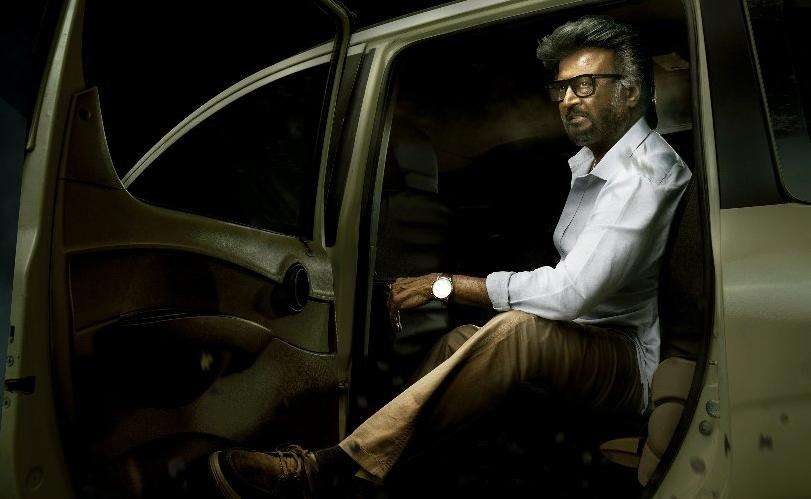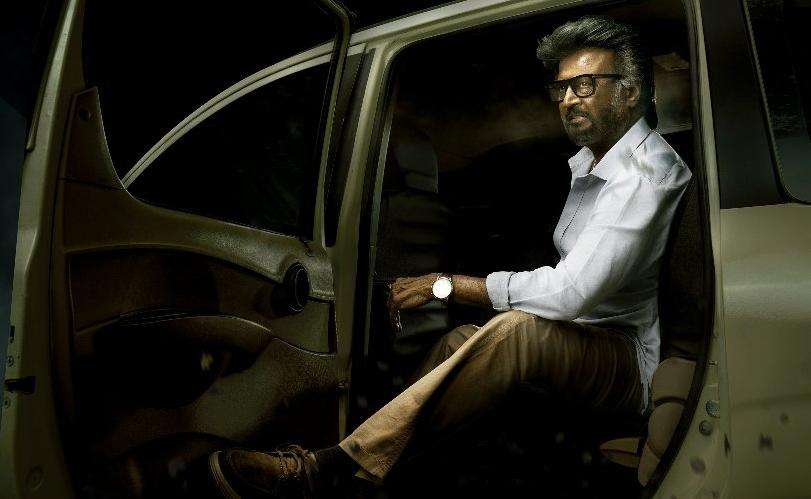Sometime in the second half of the film Jailer (2023), there comes a scene in which Tiger, played by Rajnikanth, sits before a film director and advises him to make wholesome commercial films that can be watched with family rather than the current garbage he (or the contemporary mainstream filmmakers) are churning. Alluding to the changing state of mainstream cinema, Nelson is seen making an obvious meta comment in the sequence with the best of his confidence.
However, given the entire film, the sequence stands out to me as a reflection of the filmmaker’s self-importance and smugness. One has to be completely delusional to make an appeal in favor of wholesome family entertainers in a film that celebrates violence. And I mention this because the violence isn’t creative and/or self-satirizing as that of John Wick or the films of Quentin Tarantino.
This violence is pretending to be creative by showing heinous ways to kill people. It is gimmicky, triggering, and highly discomforting when you are watching it, with hundreds of people cheering loudly, whistling, and shouting every time Rajnikanth waves his goggles.
I do not enjoy starting to talk about a film in a canceling tone. But I am more than concerned this time, and hence, I am not able to find appreciation in how I absorbed the film. While I have not had the same exposure to cinema culture as people from Tamil Nadu, Andhra Pradesh, Telangana, Karnataka, and Kerala, I share the passion. It had been a wish to watch a Rajnikanth film in theatres with a regional audience. When Rajnikanth entered the frame, the hall roared, and I was happy experiencing the frenzy.
The celebratory chaos was reflective of a culture shaped over decades, becoming a perpetual source of joy, an avenue for escapism, and a ray of hope for millions. From hereafter began a repetitive exercise in creating the same frame for Rajni’s entry and fooling the audience into thinking that they are participating in a festival of superstars. The repetitiveness is not the disheartening part, but it is the unoriginality of the sequences or frames being repeated. The motive is clear: to recreate every moment that defines Rajnikanth. Only this time, the cigarette being caught by his mouth is a CGI one.
Nelson has brought the three big superstars: Shivaraj Kumar from Kannada cinema, Mohanlal from Malayalam cinema, and of course, Rajnikanth from Tamil cinema. All three superstars have the charm and magnetism to pull the audience. And even though I was watching the film with a majorly Tamil-speaking audience, the thunderous noise the hall burst into upon Mohanlal and Shivaraj Kumar’s entry was a joyous marker of cultural exchange that has been facilitated by cinema.
My biggest gripe with the film remains its obsession with gore that is neither entertaining nor self-aware. The images are triggering, and the audience consists of a considerable number of children. I refuse to believe that the images do not harm a child’s developing brain and cognition. Either the filmmaker has to be conscious if they are targeting a family audience, or the certifying authorities have to be cognizant of what a film contains.
No child should be exposed to people being locked in drums, sulphuric acid being poured onto them, people getting beheaded, or skulls being broken by hammers. Personally, I don’t find any merit in imagining and showing on film different ways to kill or torture people unless the imagery is self-critical, recognizing the impact of violence on the victim and the doer both.

Unfortunately, Rajnikanth is the doer, and the doer exists to get glorified. Every time he kills someone, the theatre bursts into whistles and cries. Perhaps that’s the point. The film celebrates its cultural icon. But it has come at a great cost, which cinema has to recognize. The showcase of violence is not inherently bad or immoral. It can and mostly does have a purpose. The problem lies in the portrayal of violence as a solution to social ill and not as an outcome of violence itself.
When it is portrayed as a solution, it is founded upon the codes of honesty, discipline, and integrity so that it can be justified for its form and placement in the narrative. But the codes accorded to the violent protagonist are often morphed in their meaning in order to raise the protagonist to divinity. Which is what exactly happens with Rajnikanth. His character and actions are justified even before they can be scrutinized. To make this possible, you have to begin with the victimization of your hero.
Additionally, it perpetuates outrightly wrong ideas as perfectly moral ones. Physical violence is shown as a tool of reformation. Incarceration is branded as a noble cause. Sacrificial play is taken to the extreme where a father will get his son killed so that there is no deviation from his moral code. But in reality, it is merely an outcome of a sense of self-righteousness with no room for healthy discourse.
While I personally did not like the cameos, I have to credit the film for having a handful of really funny moments. Most of them belong to Vinakayan’s act as Varman. To me, the only person who looked cool on-screen was Shivaraj Kumar. Rajnikanth did not excite me with his presence or performance.
It is quite ironic that every time Tamil or Malayalam directors show a film actor in their film for comic purposes, they show him to be a person with male pattern baldness wearing a wig before the camera because the subject-protagonist of this film, the thalaivar Nelson is attempting to honor, is himself an old man with most of his head without hair, wearing a wig since years. Rajnikanth has shifted to the role of grandfather or father. But he has refused to step out of the role of hero with long, shiny hair. The motive of the film, to honor and celebrate Rajnikanth, is contradicted by the mockery of wig-wearing film directors/actors.
I absolutely loved Lokesh Kanagaraj’s Vikram (2022), which celebrated Kamal Hasan. That film should be referred to learn the mechanics of a screenplay that is in awe of its subject but is also self-aware about the same. Unfortunately, Nelson’s Jailer (2023) is more delusional than self-aware. And it has to be one of the most badly shot films I have seen in recent times. I am disappointed that I do not share the appreciation for Jailer, and I do hope we cease celebrating the stars in films if it means the exploitation of the audience’s sentiment and the parasocial relationship they have forged with these icons.


